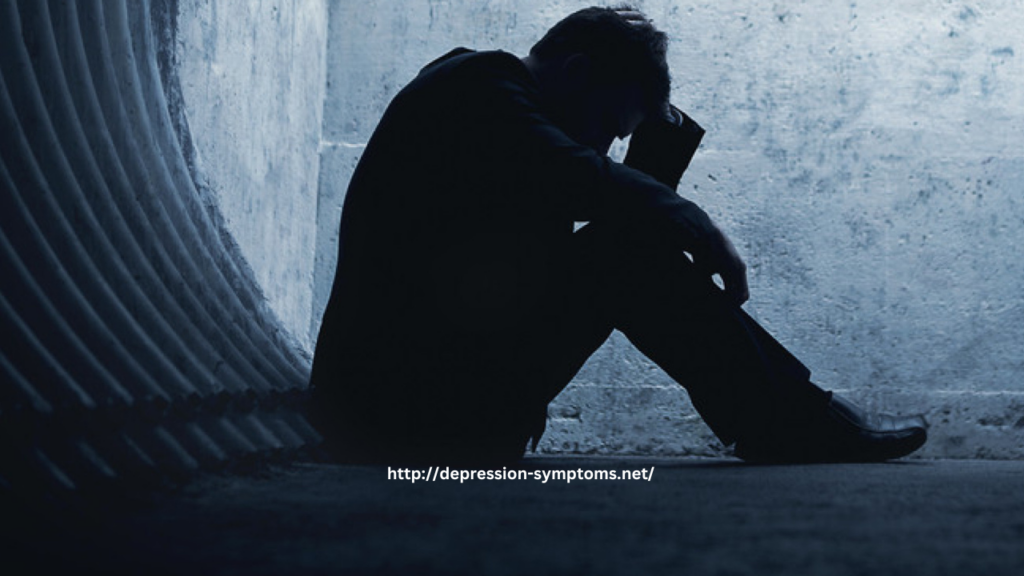
Depression is a complex mental health condition that affects millions of people worldwide. It is not just about feeling sad—it influences the way a person thinks, feels, and behaves in profound ways. Understanding how depression manifests in these different aspects of life can help individuals recognize the condition and seek the support they need.
The Impact of Depression on Thoughts
Depression affects cognitive processes, making it difficult for individuals to think clearly, make decisions, or maintain a positive outlook. Some common thought patterns associated with depression include:
1. Negative Thinking
People with depression often experience persistent negative thoughts about themselves, their lives, and the future. They may believe they are unworthy, incapable, or that their situation will never improve. This distorted thinking can reinforce feelings of hopelessness.
2. Overgeneralization and Catastrophizing
Depressed individuals may take a single negative experience and apply it broadly to their entire life. For example, if they fail at one task, they may believe they are failures in all aspects of life. They may also expect the worst outcomes in every situation, assuming that nothing will ever go right.
3. Difficulty Concentrating and Making Decisions
Depression can impair cognitive function, making it hard to focus, remember details, or make choices. Even simple decisions—such as what to eat or what to wear—can feel overwhelming. This mental fog can interfere with work, school, and daily responsibilities.
The Emotional Toll of Depression
The emotional symptoms of depression go beyond sadness. Individuals may experience a range of overwhelming and distressing emotions, including:
1. Persistent Sadness or Emptiness
While sadness is a hallmark symptom of depression, many individuals describe feeling numb or empty rather than tearful. They may struggle to feel joy, excitement, or motivation, even when engaging in activities they once loved.
2. Guilt and Self-Blame
Depression often causes individuals to feel excessive guilt over past mistakes or situations beyond their control. They may blame themselves for things that are not their fault or feel like they are a burden to others.
3. Irritability and Mood Swings
Not all depression manifests as sadness. Some people experience increased irritability, frustration, or anger, often directed at themselves or those around them. These mood swings can create tension in relationships and make social interactions challenging.
Changes in Behavior Due to Depression
Depression doesn’t just affect thoughts and emotions—it also alters behavior. Some common behavioral changes include:
1. Social Withdrawal
Many individuals with depression isolate themselves from family and friends. They may cancel plans, avoid social interactions, or feel disconnected from loved ones. This withdrawal can worsen feelings of loneliness and despair.
2. Changes in Sleep and Appetite
Depression often disrupts sleep patterns, causing either insomnia or excessive sleeping. Similarly, appetite may decrease, leading to weight loss, or increase, resulting in weight gain. These physical changes further impact energy levels and overall well-being.
3. Loss of Interest in Activities
A key symptom of depression is anhedonia—the loss of interest or pleasure in activities that once brought joy. Hobbies, sports, work, and even spending time with loved ones may no longer feel enjoyable, leading to further isolation.
4. Risk-Taking or Self-Destructive Behavior
Some individuals engage in risky or self-destructive behaviors as a way to cope with their emotional pain. This may include substance abuse, reckless spending, or self-harm. In severe cases, depression can lead to suicidal thoughts or actions, which require immediate professional help.
Breaking the Cycle and Seeking Help
Recognizing the signs of depression in thoughts, feelings, and behavior is the first step toward recovery. Therapy, medication, lifestyle changes, and social support can help individuals regain control over their lives. It’s important to remember that depression is a treatable condition, and seeking help is a sign of strength, not weakness.
By understanding how depression manifests, we can break the stigma, encourage open conversations, and support those who are struggling. If you or someone you know is experiencing symptoms of depression, reaching out for help can make all the difference.